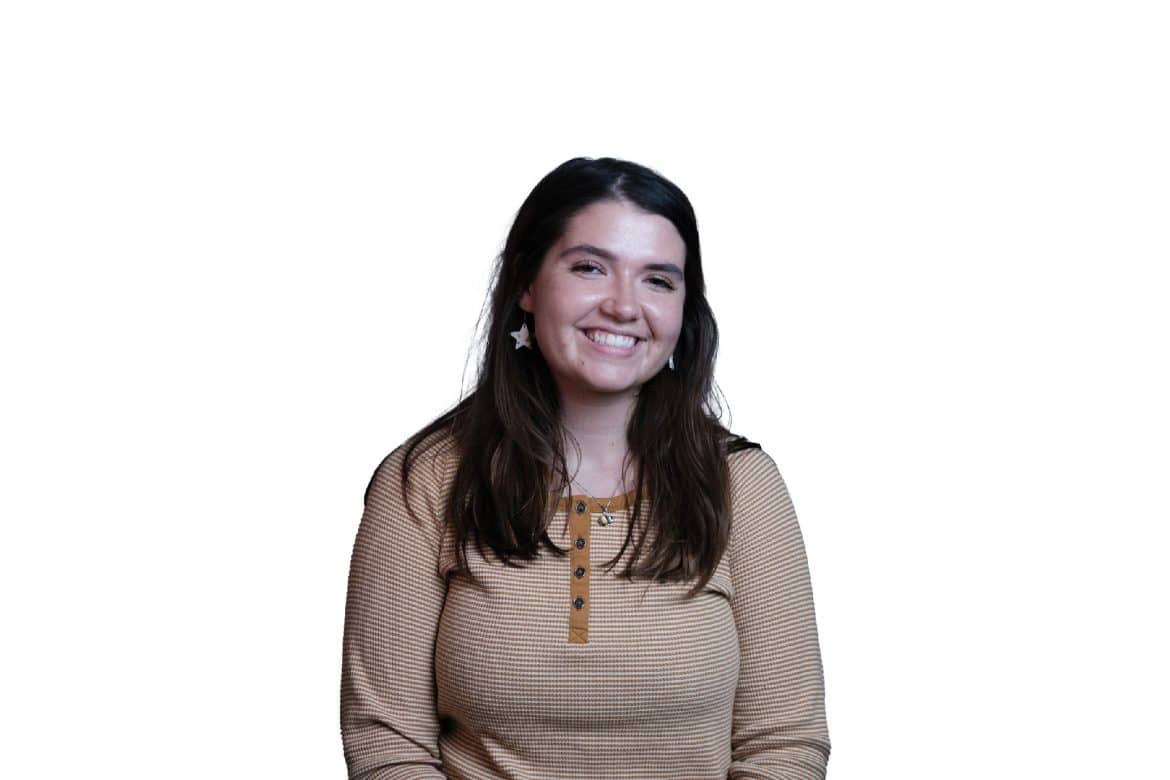I think it’s really hard to admit when we don’t know the answer to something. There are moments when we are met with vulnerability from someone asking hard questions, and it may not be in our nature to say “I don’t know.” We want to comfort others with knowledge, logic or some kind of reasoning, but the truth is that there may not always be an answer.
It’s really difficult to ask big questions with the knowledge that there may not be a clear answer. It’s kind of scary to ask sometimes. It’s even harder to admit that you don’t have the answer, especially when you want nothing more than to prove your side to be right or show how much you know. There is no shame in not knowing the answers, not having it all together and maybe not convincing the skeptic that your side is right, but you should still be asking yourself and others the questions that don’t have a particular answer.
We all have seen the game that kids play with adults where all they do is ask “Why?” until the adult tells them either the most truthful thing you’ll ever hear, or tells them to stop asking. Generally, it’s just thought of as childhood curiosity, dismissed because of youth. It’s in our nature to ask questions to those we perceive to be wiser than ourselves. We need people in our lives who are going to ask hard questions, and we need to be that person for others.
I have spent a lot of time recently thinking about why there is such a correlation between asking questions and youth. Why is it that curiosity is associated with children and cats? Adults are supposed to have answers, and kids are supposed to ask the questions that adults have the answers to. Kids aren’t supposed to ask questions with no answer, and adults aren’t supposed to tell the kids that they don’t have the right answer.
I’m about to graduate from Harding this spring. I’ve put in my four years in Bible courses, I’ve been to Greece, I was even the devotional director for my club. Even with all of those benefits, there is still no way for me to have all the answers to every question. I am seriously, sternly and wholeheartedly trying to say that I should not have all the answers or even know the right questions to ask. We aren’t expected to get it all, but I think that we are required to ask questions of each other and ourselves. In fact, I firmly believe that humans shouldn’t have all the answers.
We should be questioning our faith. We have the unique ability as Harding students to learn from men and women who believe in the gospel and be surrounded by many like-minded peers, which is not something that you will find everywhere in the world. While you’re surrounded by this strong community of believers, why not ask hard questions and be supported by women and men of faith?
I believe that one of the best things you can get from your time here is the comfort in being able to admit that you don’t have all the answers. There is such beauty and vulnerability in believing in a God that does know all things, without having to fully know yourself. This isn’t so much about faith as it is about asking questions — not to be the devil’s advocate or just to be the kid in class who poses highly philosophical questions, fully aware that there is no answer to it. It’s not about any of that. It’s about asking yourself the things that you don’t know and finding the beauty in being able to admit that which you don’t know.
